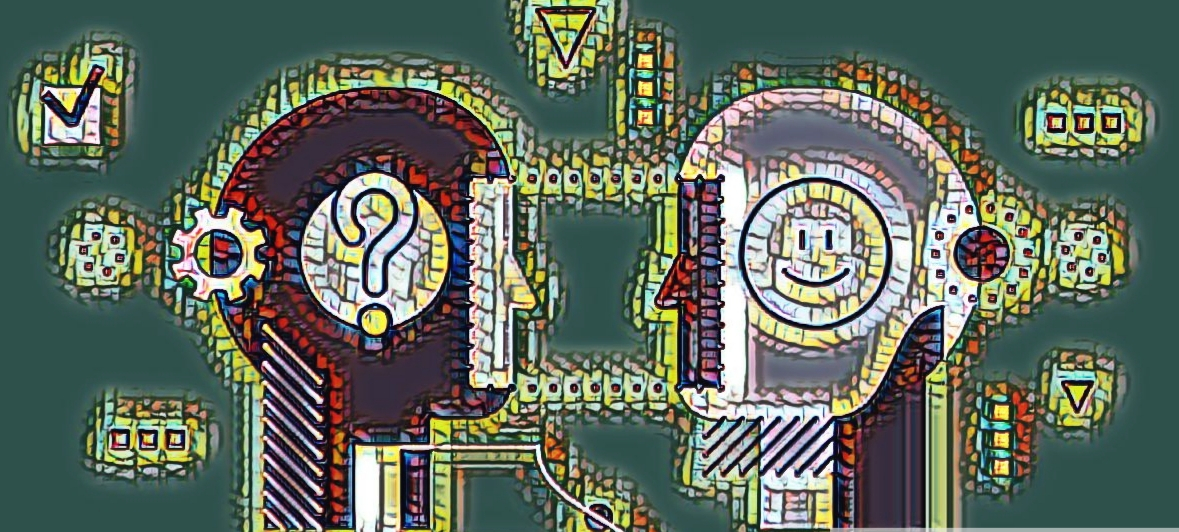We all tend to think of ourselves as rational human beings that take decisions based on logical thinking, rather than “irresponsible” people that are governed by emotions. If this is the case, surely, when it comes to buying, we all prefer to stick to facts and figures, so based on them and using our logic, we proceed in concluding our purchases. Or maybe not?
According to Harvard Business School professor and one of the neuromarketing pioneers Gerald Zaltman, author of the best-selling book, How Customers Think: Essential Insights into the Mind of the Market, 95% of purchase decisions take place subconsciously. This means that most of the times, we buy based on emotional responses, but then our conscious mind takes control by making up reasons to justify our unconscious decisions. And this works well with us, since it reassures us that we are logical individuals.
In the recent past, psychologists have shown that our emotional choices follow a logic of their own, based on a profound empirical mental system that in the background is constantly processing millions of bits of data, without getting overloaded. In contrast, our conscious mind has the ability to process finite pieces of information, because of limitations of our working memory. In other words, intuition is fast and logic is slow.
So, the question that now arises for all salespeople, is when do we know that we are selling to Dr Rational and when do we know that Mr Intuitive is in charge? For sure, the answer is that for complex purchases, where, for example, senior executives may be involved, facts and figures will do the job, whereas in low-cost and lower risk cases emotions kick-in. Well, actually, this is not the case!
When the sale is convoluted, rather than focusing on the product specifications, it is way more effective to appeal to the emotional side of the decision maker. This is mainly because, when companies are having complex problems, the people that are assigned to deal with these issues may have an amplitude of negative emotions such as frustration, stress, anxiety, but they also have hope that they can find a solution. On the other hand, it seems that logical selling works better to simple and low-cost products, where it is enough for the buyer to decide by just focusing on crucial parameters such as price, delivery time and availability.
As with everything in Sales, in this case as well, it is imperative that as salespeople we must do the right research in order to determine which strategy is appropriate and relevant for each prospect. Undoubtedly, we need always to consider that emotions and logic support each other when it comes to buying decisions. We should not forget though, that is the emotional part that is really in charge, despite most of the times we act as if it is not.



